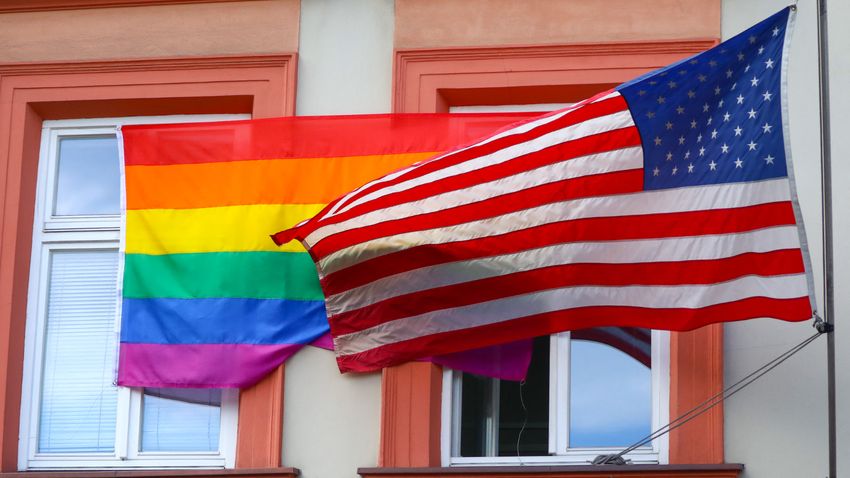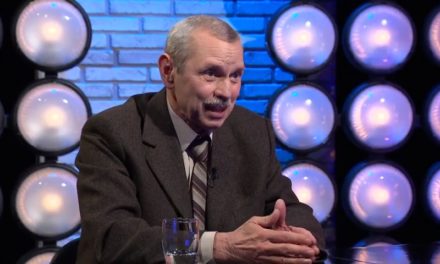In the United States, there are state laws that specifically prohibit the promotion of homosexuality among schoolchildren (these are also known as "No Promo Homo" laws in America).
In four Member States (Louisiana, Mississippi, Oklahoma and Texas) it is strongly negative to provide sexual information about any kind of LGBT identity in educational institutions. There are a total of eight states - Alabama, Arizona, South Carolina and Utah in addition to the four mentioned above - in which it is forbidden to discuss topics deemed to be related to LGBTQ.
For example, Texas regulations require that “materials in educational programs intended for persons under 18 years of age (…) state that homosexual conduct is not an acceptable lifestyle” (under Texas Health and Safety Code Section 85.007(b)).
In Louisiana, any public elementary or secondary school can offer education, but they are not required to do so in the form of subjects called "sex education", provided that such instruction or subject is integrated into an existing course of study, such as biology, science, physical hygiene or physical education. to courses.
Louisiana's public schools are prohibited from using material that openly depicts homosexual activity, whether male or female, in the sex education offered there.
The main focus of sex education offered in Louisiana schools is to encourage sexual abstinence among unmarried persons, meaning that abstinence from extramarital sexual activity is important to all school-age children as an expected standard. (Updated Collection of Laws of the State of Louisiana - RS 17:281.§)
In the state of Florida, two bills were recently introduced that would prohibit school districts from promoting LGBTQ education.
School districts should not bring discussions of homosexual orientation or gender identity into classrooms in any form. The state Senate and House of Representatives have emphasized parental rights in new education bills that would cover such topics in elementary school classes and in cases where certain activities are deemed by parents to be "not age appropriate."
Florida's bills would cover student support services, including counseling, and require school district personnel to provide parents with any information related to a student's "mental, emotional, or physical health or well-being" (which preserves the parental role and responsibility , or would mean its revaluation). The proposed legislation would allow parents to sue districts that fail to meet those requirements.
In recent years, however, there has been a continuous effort by the civil sphere and the media to make LGBTQ education generally accepted by the public, and to portray the more conservative member states that oppose it at the legislative level in a negative light, as quasi-backward states with a discriminatory approach.
The debate in America (e.g. Texas, Florida or Louisiana) is actually about the constitutional rights of parents, which are directly related to education, i.e. they are not obliged to expose their own children to various radical ideological and political trends and groups, giving up their values and worldview his re-educational efforts.
2022Plusz: Although the LGBTQ ideology propagated by the NGO strongly permeates the Western, liberal way of thinking, it can be seen that there are forces elsewhere that resist the mind-bending efforts that endanger children and fundamentally disrupt society. In the child protection referendum on April 3rd in Hungary, we hope that the overwhelming majority will say NO to the push of NGOs and LGBTQ propaganda in educational institutions, the media, health care and the family private sphere.
Source and full article: 888.hu
Featured image: B eata Zawrzel/NurPhoto/NurPhoto via AFP












